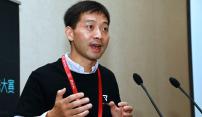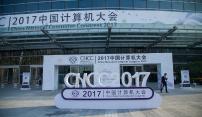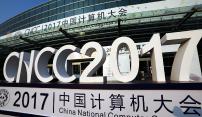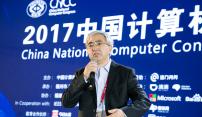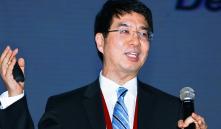丛京生-Computing Near the End of Moore's Law
[视频介绍]
简介:As we get close to the end of Moore’s Law, one cannot rely on simple frequency or core scaling to improve the performance. We argued that future computing systems would be customizable with extensive use of accelerators. Such an accelerator-rich architecture presents a fundamental departure from the classical von Neumann architecture. In this talk, I shall first present an overview of our research on customizable computing, from single-chip, to server node, and to data centers, with extensive use of composable accelerators and field-programmable gate-arrays (FPGAs). I shall highlight our successes in several application domains, such as machine learning and computational genomics. Then, I present our ongoing work on enabling automation for customized computing. I shall highlight the algorithmic and implementation challenges and our solutions to many of these compilation and runtime optimization problems.
视频介绍
讲师:丛京生
关键词:
课程简介:As we get close to the end of Moore’s Law, one cannot rely on simple frequency or core scaling to improve the performance. We argued that future computing systems would be customizable with extensive use of accelerators. Such an accelerator-rich architecture presents a fundamental departure from the classical von Neumann architecture. In this talk, I shall first present an overview of our research on customizable computing, from single-chip, to server node, and to data centers, with extensive use of composable accelerators and field-programmable gate-arrays (FPGAs). I shall highlight our successes in several application domains, such as machine learning and computational genomics. Then, I present our ongoing work on enabling automation for customized computing. I shall highlight the algorithmic and implementation challenges and our solutions to many of these compilation and runtime optimization problems.


